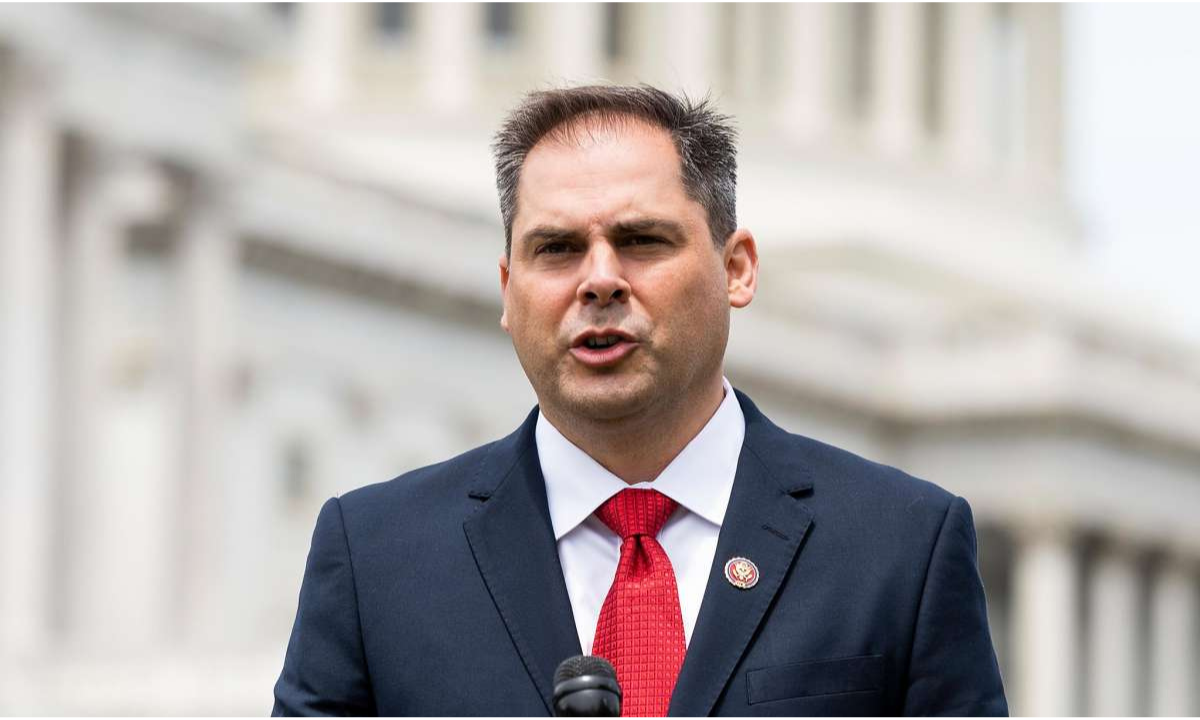Written by William Hale
California’s independent redistricting commission has finalized the state’s new congressional and state legislature maps. With all 14 members of the panel voting to approve the redistricting on Monday, Californians will vote within new lines for the next decade.
Despite being disadvantaged by California’s overwhelmingly blue demographics, Republicans may have gotten the short end of the stick as a result of the new redistricting. 5 of the 11 GOP incumbents in CA have had their districts expanded to include more democratic voters, thus leaving Republicans in danger of losing even more federal influence as we approach the 2022 midterms.
Republican Rep. Mike Garcia of Santa Clarita expressed his disappointment with the independent commission, “The commission has shown they were not acting independently when they drew all of the Democratic incumbents into safer seats…but I know we will win in this new district regardless,” Garcia’s 25th district experienced a significant loss in Republican voters with the absence of Simi Valley in the new map. Other GOP representatives such as Michelle Steel, David Valadao, Ken Calvert, and Tom McClintock also lost Republican voters. Longtime Congressman Devin Nunes recently announced his resignation to become the CEO of former President Trump’s new media company. Nunes’ seat was redrawn from leaning Republican to leaning Democrat.
The redistricting appears to be just as unfavorable for Republicans in both houses of the CA state legislature. Democrats already dominate this institution, but some groups suggest the party may now control over 3/4ths of state Senate and Assembly districts.
An interesting development from the redistricting includes a surge in Latino influence. The LA Times reports that “Nearly one-third of the state’s 52 new congressional districts would have a majority of Latino citizens of voting age under the new maps.”
Latino’s have generally favored the Democratic party for decades, but a recent poll in the WSJ demonstrates a significant increase in Republican Hispanic voters — nearly half of Hispanic men noted that they would support a Republican for Congress — perhaps the increased power of Latino voters in California won’t be a negative development for the GOP. California will be a state to watch in the primaries. Despite losing seven seats in 2018, Republicans regained four of those seats in 2020.
Photo Cred: Bill Clark/CQ-Roll Call, Inc via Getty Images




